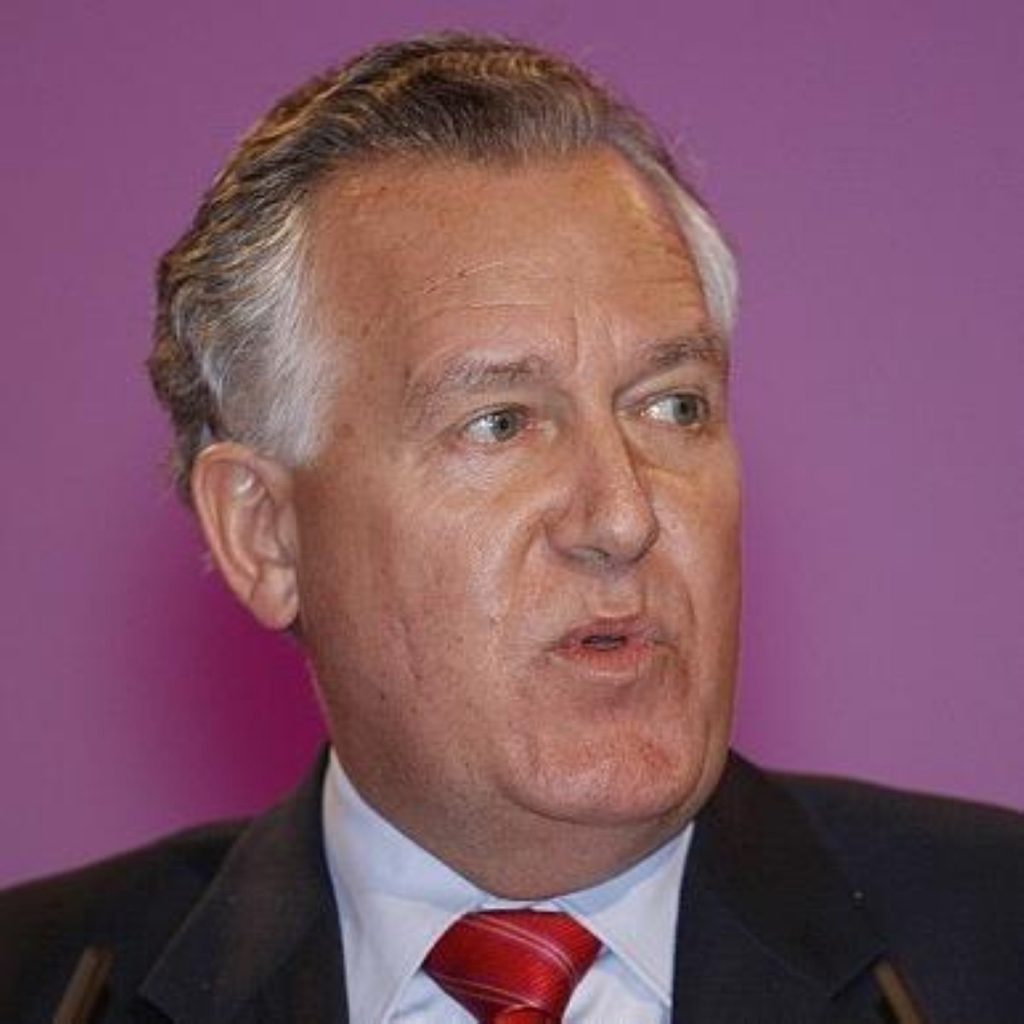Hain appeals for personal responsibility over pension savings
The government’s proposed pension reforms are necessary to avert a future pension crisis, Peter Hain argued today.
Speaking as the pensions bill enters its second reading in the Commons, the work and pensions secretary defended the proposed reforms, arguing they would prevent the burden of a future generation funding an ageing population.
The government wants to reduce the extent to which individuals rely on the state in later life, with an emphasis on personal responsibility for saving towards retirement.
From 2012 ministers want virtually every employee to be automatically enrolled in a good workplace pension scheme, matched by employee contributions of at least three per cent.


Critics have raised concerns this could adversely affect many employees on low wages.
However, Mr Hain said today that for most people the downsides of not saving will be outweighed by the small risk of saving and later regretting it.
He continued: “Automatic enrolment will combat the inertia which is such a barrier to saving, while the minimum employer contribution and tax relief will mean individuals’ contributions are matched £1 for £1.
“But it’s crucial that individuals play their part in this renewed social contract. To achieve the type of lifestyle they expect in retirement they must take personal responsibility by participating in a pension.”
As MPs prepare to debate the bill, Mr Hain added: “The government’s pension reform package is one of the most radical changes in the 100 years since the first state pension was created by the Old Age Pensions Act 1908.”
Ministers argued such radical change is needed, with average life expectancy having increased dramatically over the past hundred years.
While few people would have lived to 65 a century ago, one in four babies born today are expected to live to 100.
To accommodate this ageing population, the pension bill will also increase the state retirement age to 68 by 2046.
The act will also restore the earnings link to the basic state pension from 2012.
Fundamentally, however, the government believes individuals will not be able to rely solely on the state pension, with pensioners increasingly seeking to maintain their pre-retirement lifestyle.
Government research found around three-quarters of people expect to need to top-up their basis state pension, but only for in ten work age people are saving into a private pension.












